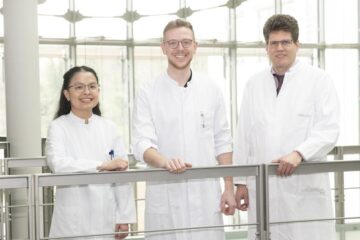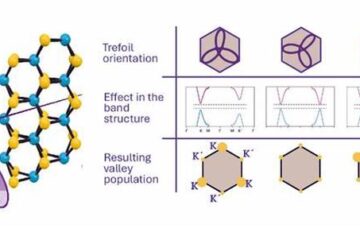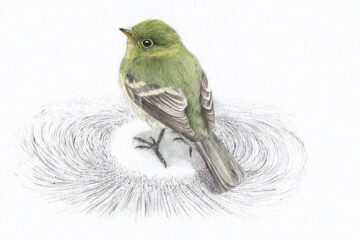Fatty foods fight inflammation

“Take two cheeseburgers and call me in the morning,” may sound like far-fetched medical advice. After all, high fat foods can worsen blockages in blood vessels. But a new study in the October 17 issue of The Journal of Experimental Medicine shows that high fat foods can, at least in the gut, soothe inflammation. This action may stop immune cells from attacking food as a foreign invader.
Eating — particularly eating fat-rich foods — causes cells in the small intestine to produce a hormone called cholecystokinin, or CCK. CCK stimulates digestion and gut peristalsis (the motion that propels food along the digestive tract), and also triggers satiation — the full feeling that prompts you to stop eating.
The study by Luyer and colleagues shows that fat-induced CCK can also dampen inflammation in the gut, as rats fed a high-fat diet were protected against lethal bacteria-induced shock whereas those fed a low-fat diet were not. CCK sent signals to the brain through the vagus nerve, the nerve that provides the electrical regulation for many internal organs, including the gut and the heart. In response to CCK, vagus nerve endings in the gut released a neurotransmitter called acetylcholine. Acetylcholine then bound to proteins on immune cells and turned the cells off.
The authors think this pathway might explain why the immune system doesn’t react to food proteins and normal gut bacteria as if they were foreign invaders. They also suggest that triggering this fat-driven chain of events in patients might provide a way to reduce inflammatory complications after surgery.
Media Contact
More Information:
http://www.rockefeller.eduAll latest news from the category: Health and Medicine
This subject area encompasses research and studies in the field of human medicine.
Among the wide-ranging list of topics covered here are anesthesiology, anatomy, surgery, human genetics, hygiene and environmental medicine, internal medicine, neurology, pharmacology, physiology, urology and dental medicine.
Newest articles

Targeted use of enfortumab vedotin for the treatment of advanced urothelial carcinoma
New study identifies NECTIN4 amplification as a promising biomarker – Under the leadership of PD Dr. Niklas Klümper, Assistant Physician at the Department of Urology at the University Hospital Bonn…

A novel universal light-based technique
…to control valley polarization in bulk materials. An international team of researchers reports in Nature a new method that achieves valley polarization in centrosymmetric bulk materials in a non-material-specific way…

How evolution has optimised the magnetic sensor in birds
The magnetic sense of migratory birds is probably based on the protein cryptochrome 4, and a genetic study has now provided further support for this theory. A team of researchers…





















